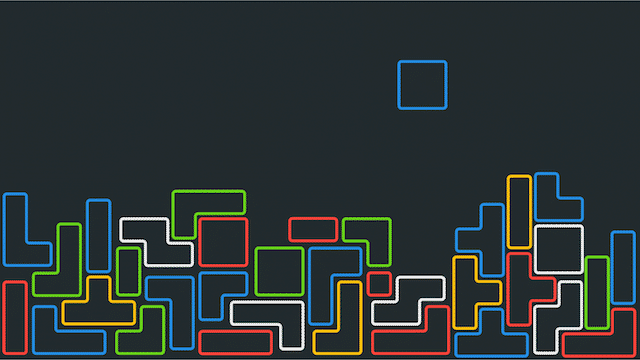Game Design is About to Become a Critical Career

Game Design—defined not just as the visual elements in a game, but the underlying structure, incentives, value systems, and other mechanics—is about to become an extremely important job in our society.
In the past the title was associated with the visual aspects of video games, such as the art, the interfaces, etc., and video games have long been a major source of entertainment, but we’re about to see a fundamental shift in the importance of games.
Because real life is becoming less attractive to the masses due to automation taking jobs, Game Designers will suddenly take on the monumental responsibility of providing humans with meaning.
As more and more people are fired from jobs, fail to get jobs after high school and college, gaming (which I’ll say includes all types of non-reality-based technologies) will become the main way people seek and attain any sense of meaning in their lives.
They’ll do work there. They’ll provide value there. They’ll receive positive reinforcement there. They’ll maintain social bonds there. It’ll be reality remade in a form that AI improves rather than replaces (unlike the real world).
And it will be up to the designers to create and tweak the underlying mechanics for these new realities.
How difficult is it to do things?
What is the penalty for "dying" in the game?
How do you incentivize different things you want to happen?
How do you balance grinding and suffering with rewards and advancement?
These are God questions, and they’re about to be re-explored and answered by a special set of geeks.
The job will be quite cross-discipline, at least at the high levels, because you need to understand not just aesthetics, UI, UX, etc, but also the fundamentals of human psychology. Solid backgrounds for these positions will include evolutionary psychology, psychology, game theory, anthropology, design, etc. It’s a spectacular mashup of talents.
So if you’re wondering what a really solid career choice is, going 10 or 20 years into the future, think about the underlying mechanisms that will need to be in place to support and enthrall billions of people who are not useful to analog society due to AI/automation/robotics.
That is the world that’s about to become most people’s primary reality, and it still needs to be built.
Notes
It’s true that AI will eventually get so good that it can do a lot of this design itself, but for a long while the extremely cross-discipline nature of this type of creativity will still require humans.
Image from Adobe >.